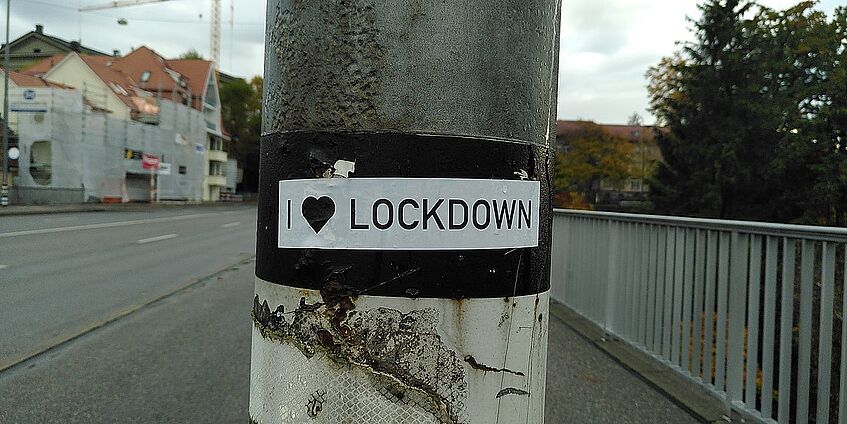At Home during Lockdown and the Issue of Gender

At Home during Lockdown and the Issue of Gender
Lockdown made many people re-assess their sense of home, but how does gender come into this?
Home is an auratic term that is often connected to positive feelings and experiences like comfort, warmth, or safety. In such associations, home is set up as a pre-existing space, an organic community, and an inborn feeling, i.e. an allegedly natural experience. Nationalist discourses, among others, use such widely-shared, familiar connotations of home to connect the individual citizen to the nation-state, in effect naturalising a national homeland as if it were a single home and, at the same time, generating emotional ties to an otherwise abstract entity. Research has shown that this rhetorical mapping of home and homeland is intensely gendered, for example by creating the sense of a ‘motherland’ that needs to be defended by her ‘sons’.
Lockdown made many people re-assess such positive ideas of home, though. The lockdowns forced people, often under threat of police penalties such as fines or arrest, to remain in their private homes. Instead of a warm, cosy space of retreat, home became associated with tedium and dullness at best or isolation and imprisonment at worst. It became obvious for many people that home is not ‘their’ private refuge but open to public interference and a site of negative feelings and social disparities. However, the lockdown also exposed that home-making practices and aspects of caring for families and children fell predominantly onto the shoulders of women, turning them into health workers, kindergarten and school teachers, and into the general creators of a functioning, ‘homely’ home. Covid-19 therefore displayed, in a nutshell, that home still is a highly gendered space, and that practices of sharing domestic work and home-making practices across genders and within families were among the first ‘victims’ of the crisis.
In my current project on British lockdown novels, I aim to show that lockdown narratives continue and further develop anti-essentialist critiques of rhetorics of home as ‘our place’ and the essentialist and gendered mapping of home and homeland. By depicting a society in lockdown, now more or less imprisoned in their cherished homes, lockdown narratives make explicit the social and cultural consequences of gendered ideas of home. To be at home in the pandemic means to become aware of home as a space of rule, control, and power politics, and these politics include categories of gender, nation, ‘race’, and generation (among others). This awareness fosters a sense of both home and homeland as a construction, an awareness that had previously been covered up by the positive associations of home as warmth, belonging, and safety. An analysis of lockdown narratives can thus yield insights into the divisive, problematic effects of the gendering and naturalisation of home and homeland that emerge with full intensity in the current Covid-19 crisis.
If you are interested in reading some of the emerging novels about lockdown from Britain, you may want to read Peter May’s thriller Lockdown (2020), Ali Smith’s Summer (2020), Sarah Moss’ The Fell (2021) or Sarah Hall’s Burntcoat (2021).
